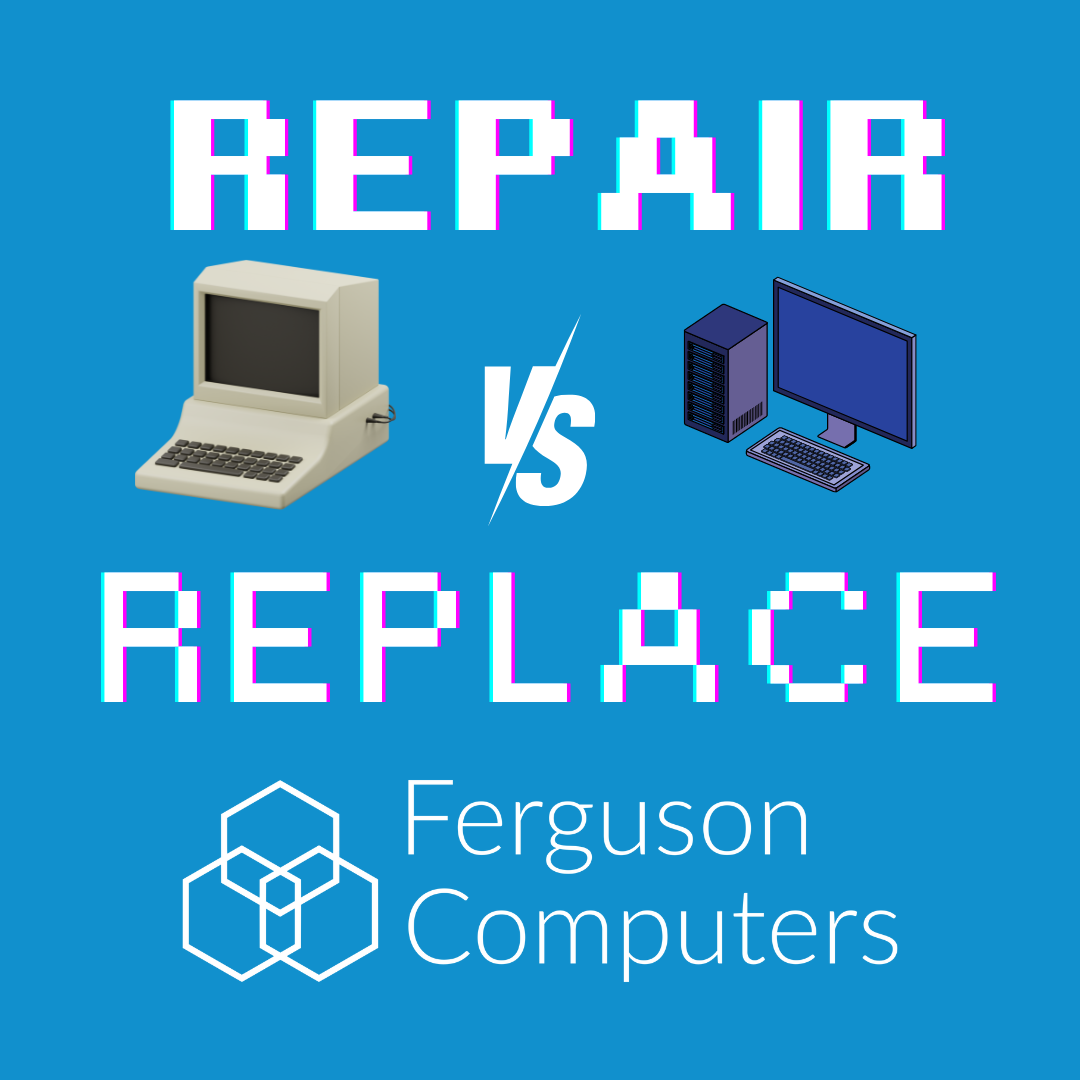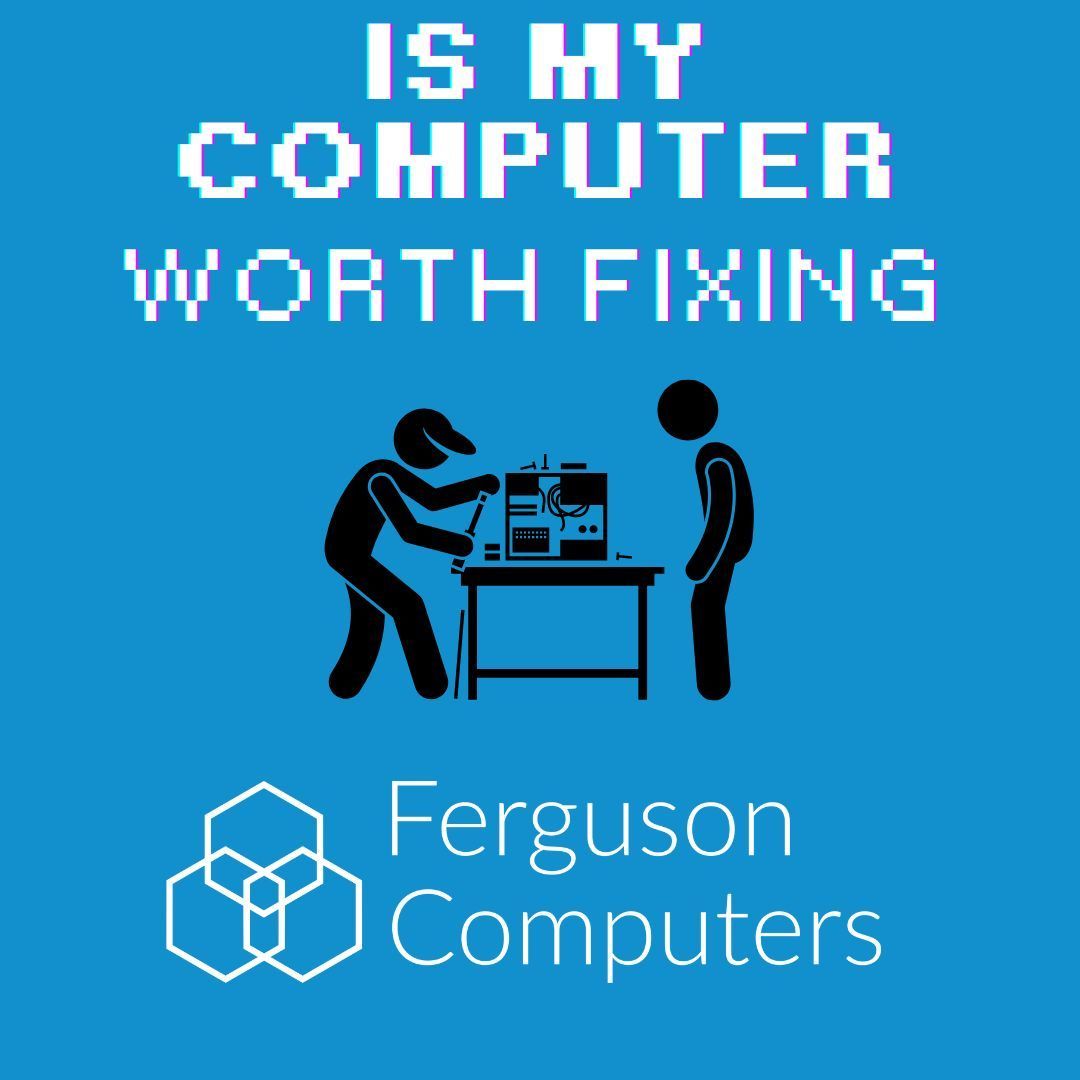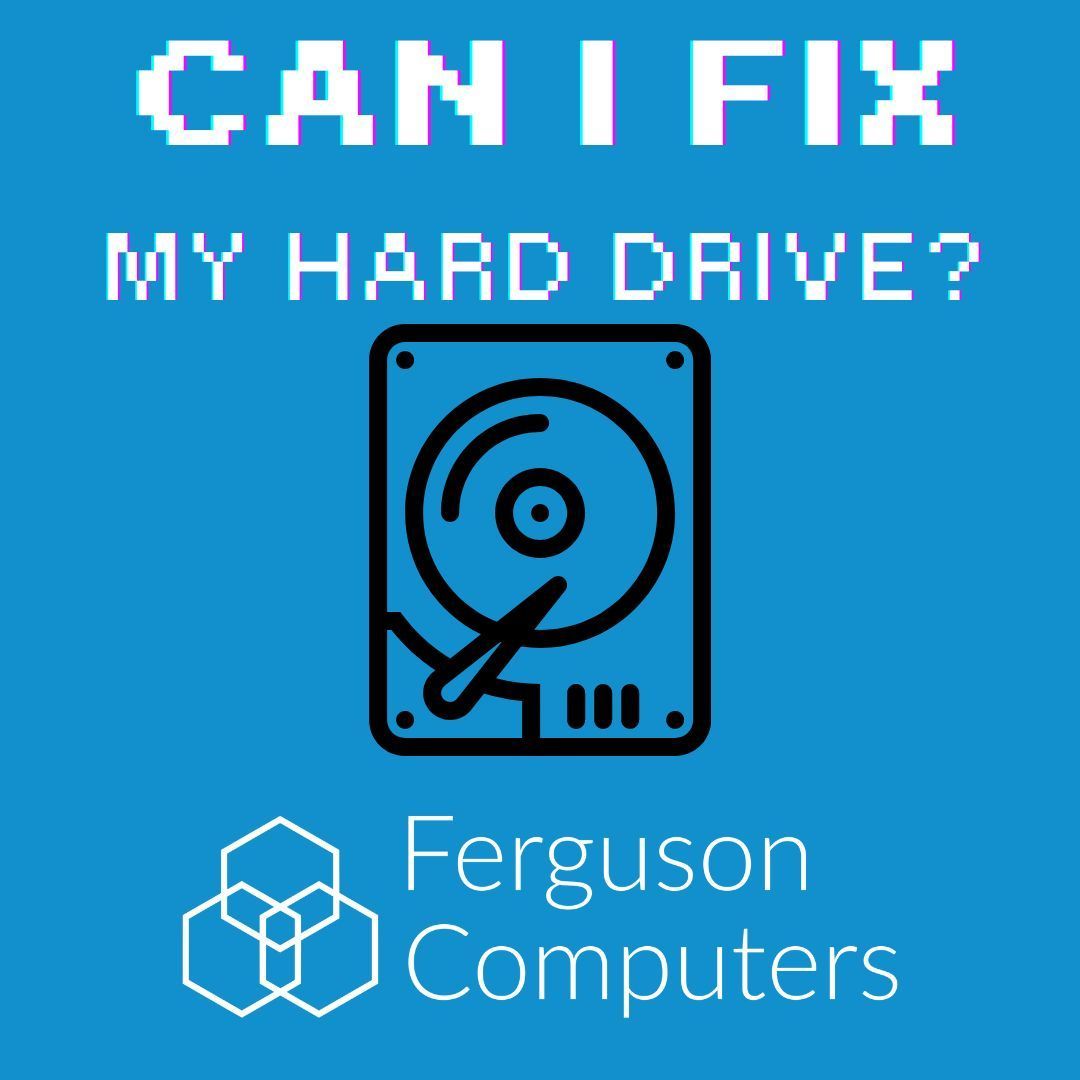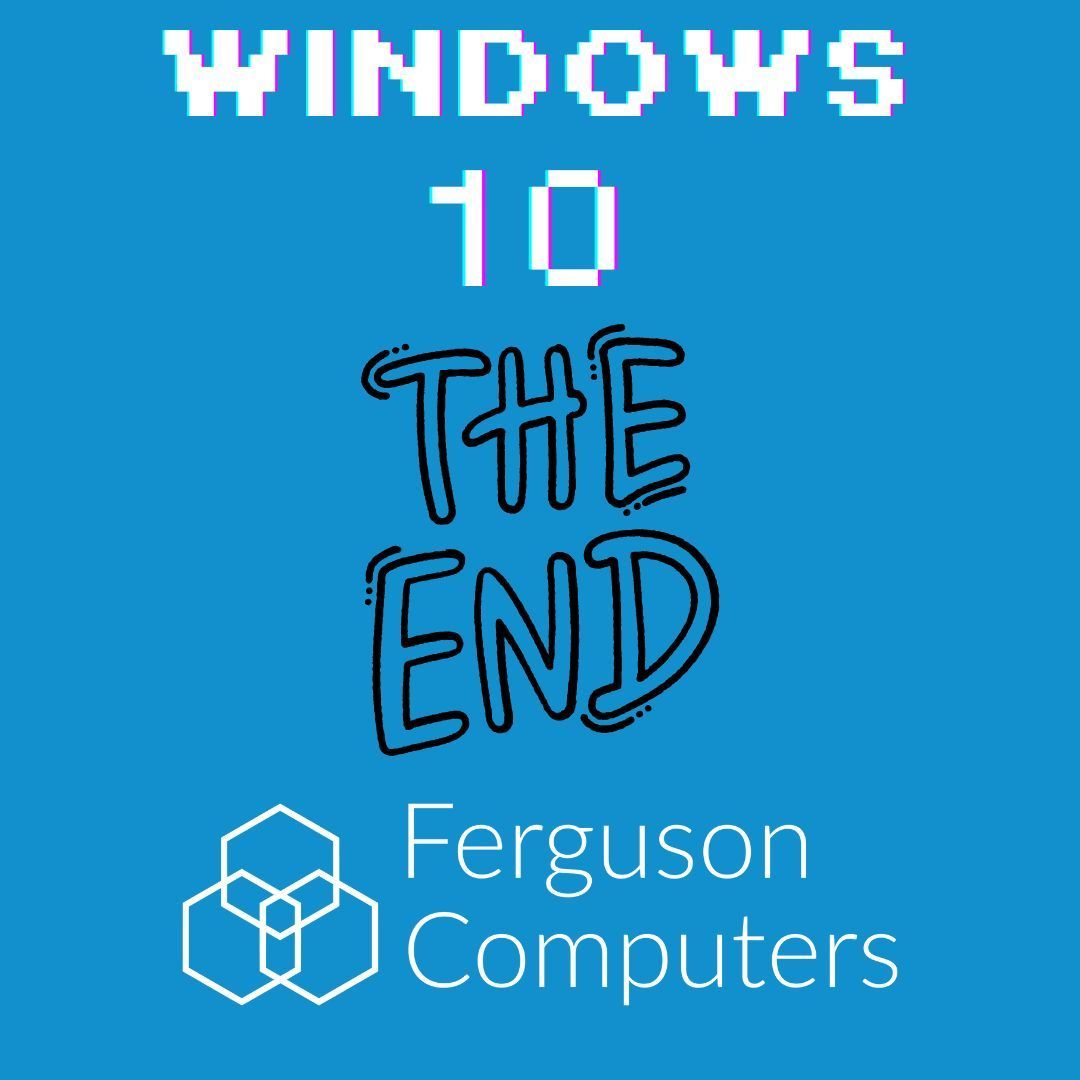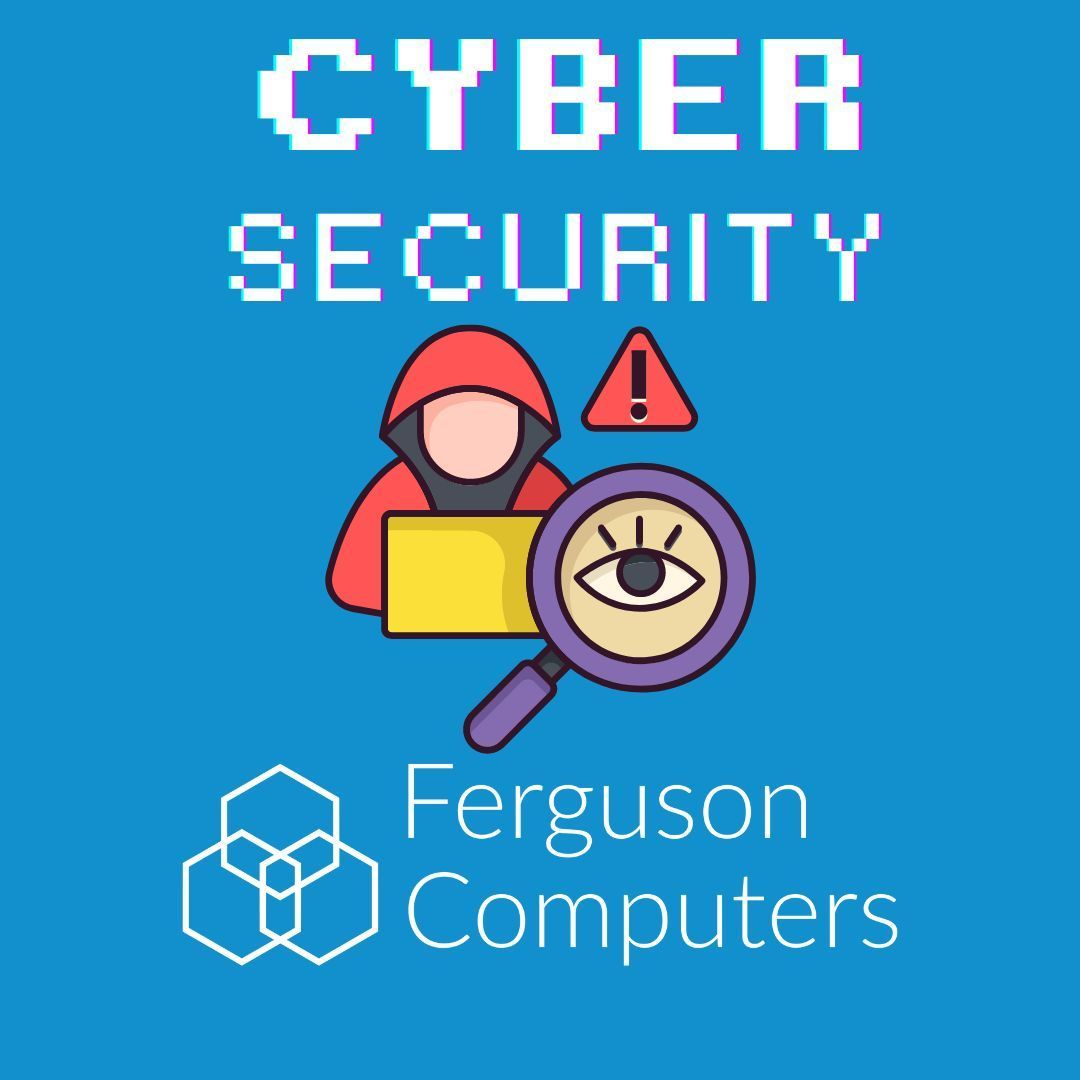Phishing or Spam?
Key Differences Between Spam and Phishing
In today's digital world, it's important to understand the threats that can appear in your inbox. Two common types of malicious emails are spam and phishing. While they may seem similar, they serve different purposes and pose different levels of risk. Here’s a breakdown of the key differences between spam and phishing:
1. Purpose
- Spam: Generally, spam refers to unsolicited emails sent in bulk, usually for advertising purposes. The goal is to promote products or services, often from dubious sources, and get recipients to click on links or buy something. While annoying, most spam emails are not designed to steal personal information or cause harm.
- Phishing: Phishing emails, on the other hand, are specifically designed to deceive you into giving up sensitive information like passwords, credit card numbers, or other personal details. The attackers often pose as legitimate organisations (such as banks, online services, or government agencies) to trick you into thinking the email is trustworthy.
2. Content
- Spam: The content of spam emails is usually promotional. It might include offers for products, services, or "too-good-to-be-true" deals. These emails are often poorly written and generic, as they are sent to thousands or even millions of recipients.
- Phishing: Phishing emails are crafted to look authentic. They often mimic the branding, language, and formatting of the organisation they are pretending to be. The content usually creates a sense of urgency (e.g., “Your account will be locked unless you act now!”) to prompt you to take immediate action.
3. Level of Risk
- Spam: While spam can be a nuisance and might occasionally contain links to malicious websites, it is usually less dangerous than phishing. The main risk is exposure to potentially unwanted products, services, or scams.
- Phishing: Phishing is much more dangerous. If you fall for a phishing scam, you might inadvertently give attackers access to your accounts, personal data, or financial information. This can lead to identity theft, financial loss, or other severe consequences.
4. Detection
- Spam: Email providers have filters that catch most spam, sending it directly to your spam or junk folder. However, some may still slip through to your inbox.
- Phishing: Phishing emails can be more challenging to detect because they often look legitimate. While email providers also filter phishing attempts, some may still end up in your inbox, especially if they are well-crafted.
5. Response
- Spam: If you receive a spam email, it’s best to delete it or mark it as spam. Avoid clicking on any links or downloading any attachments.
- Phishing: If you suspect an email is a phishing attempt, do not click on any links or provide any information. Report the email to your email provider or the organisation being impersonated. It’s also wise to verify the message by contacting the organisation directly using a trusted method, like visiting their official website.
Conclusion
Understanding the differences between spam and phishing is crucial for protecting yourself online. While both can clutter your inbox, phishing poses a significant threat to your personal and financial security. Always be cautious when dealing with unsolicited emails, especially those asking for sensitive information.



